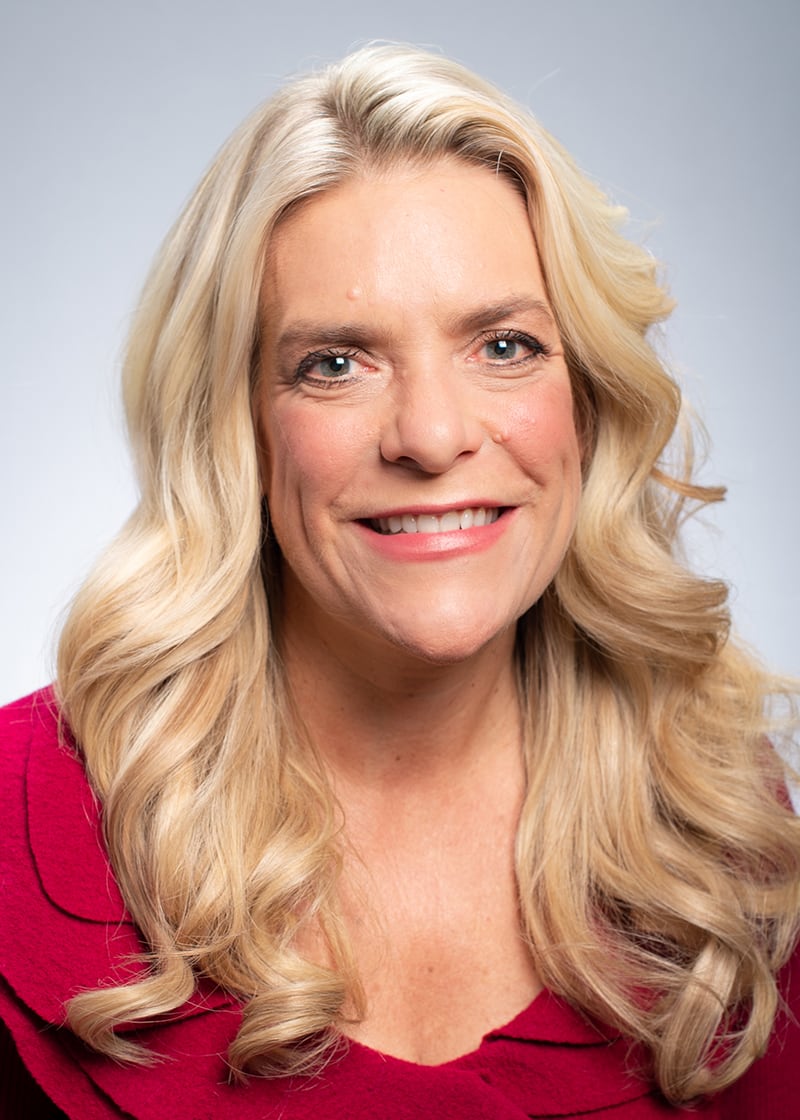On the way in to work, you hear a depressing story on the news: All this new AI technology is supposed to eventually replace half of the jobs in America. What about yours? Or maybe you just got back your score on a test, one you had studied for long and hard, and you still barely passed. Is it possible you are just not cut out for this degree? Or perhaps it is something health-related instead: Your mother calls to say she has been diagnosed with a chronic disease. How will she pay for the treatments?
Do these troubles make you want to look for comfort in a pint of ice cream? Throw up your hands and sink into the couch? Pull the covers over your head?
“Life is going to continue to send you curveballs you can’t control,” said Holly Wyatt, M.D., professor in the Department of Nutrition Sciences. And those curveballs are particularly troublesome when you are trying something new or making a change — trying to lose 10 pounds, for example.
“Most of us think, I’ll wait until life calms down, until this class is over, until I’m retired to make a change,” Wyatt said. “We don’t want to deal with the curveballs. But it will never be calm; that’s what life is. So why don’t you get good at hitting curveballs instead?” Another name for that is emotional resiliency: an ability to adapt to stressful situations.
Ted Williams, the baseball great who knew a thing or two about hitting curveballs, said that 50 percent of effective hitting is “proper thinking.” Wyatt would agree, based on her experience as a clinician helping patients lose weight and as a researcher who studies the traits of people who are successful at controlling their weight long term. “People who are successful at losing weight need to have an evidence-based diet, but the what alone is not enough,” Wyatt said. “You have to couple it with the why.” In other words, mind-state and motivation are critical.
“A better version of myself”
This is the message Wyatt shares with students in Well-Being and You (NTR 121), the introductory course in her department’s recently launched biobehavioral nutrition and wellness major. Well-Being and You (taught by Wyatt and several other nutrition sciences faculty) has drawn raves from students. “It has pushed me to think beyond myself and become a better version of myself,” one student said. “The things I was taught in that class are lifelong skills I will never stop using,” said another. “I wish I had had this class when I was an undergrad,” Wyatt said.
The student response has been so positive that the Reporter asked Wyatt to share some highlights anyone can use to take on life’s curveballs. She boiled it down to three key points and four strategies to try out.
